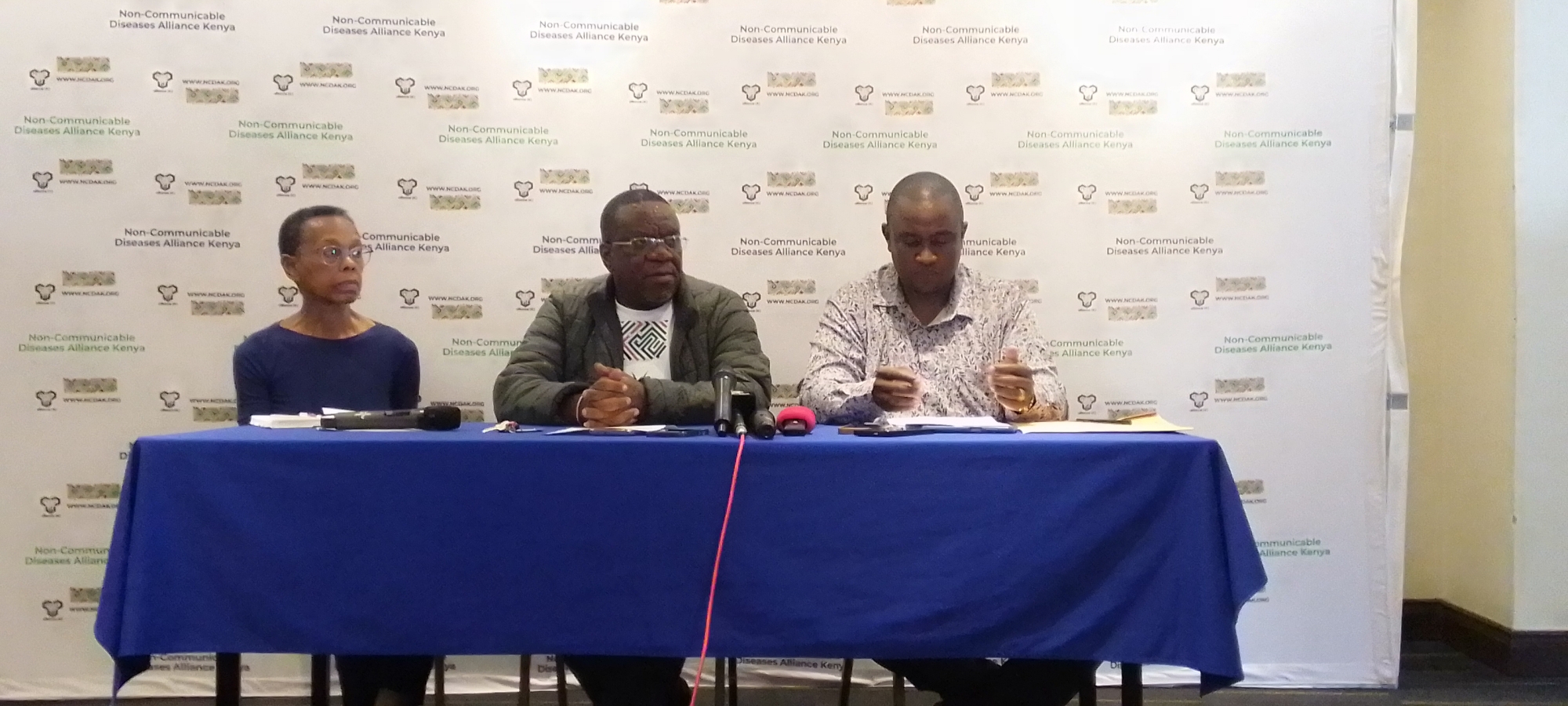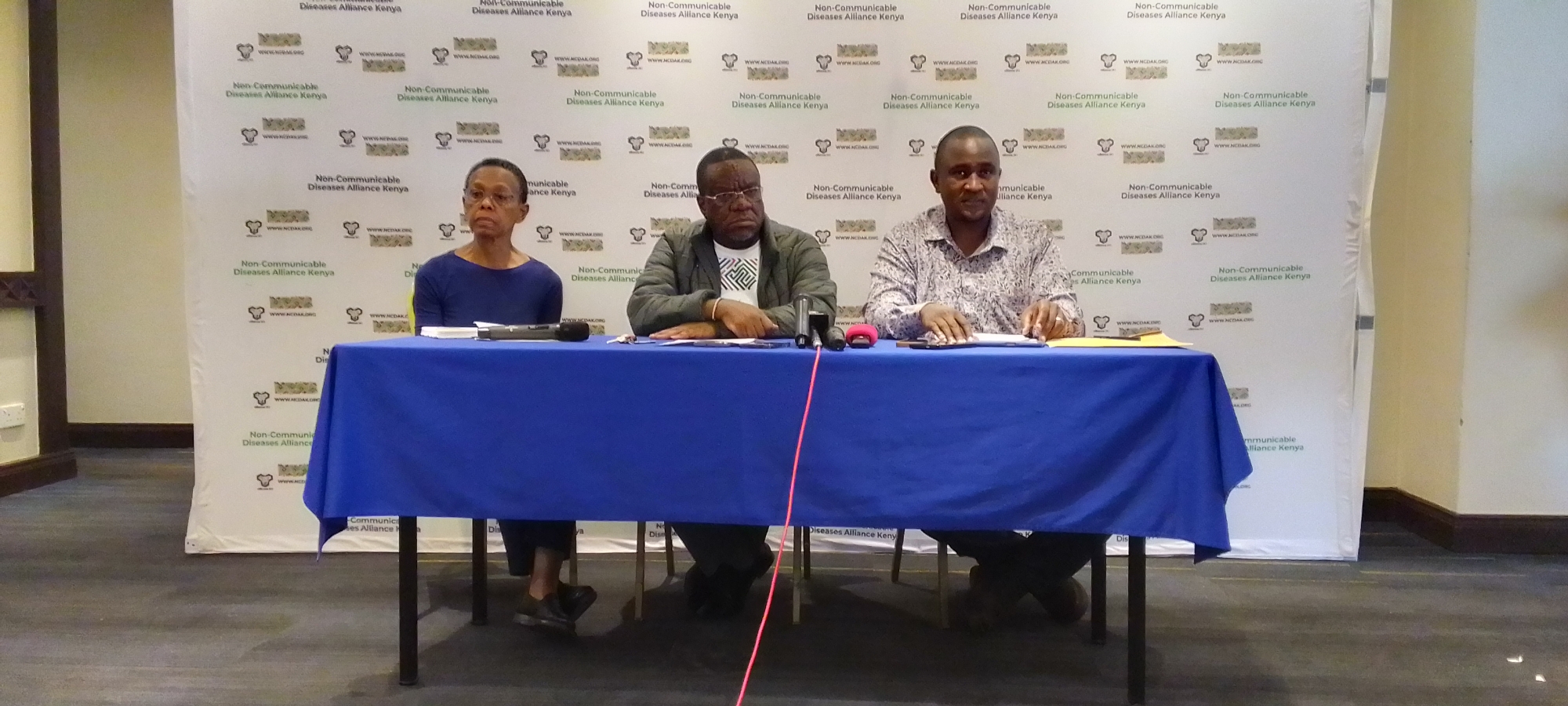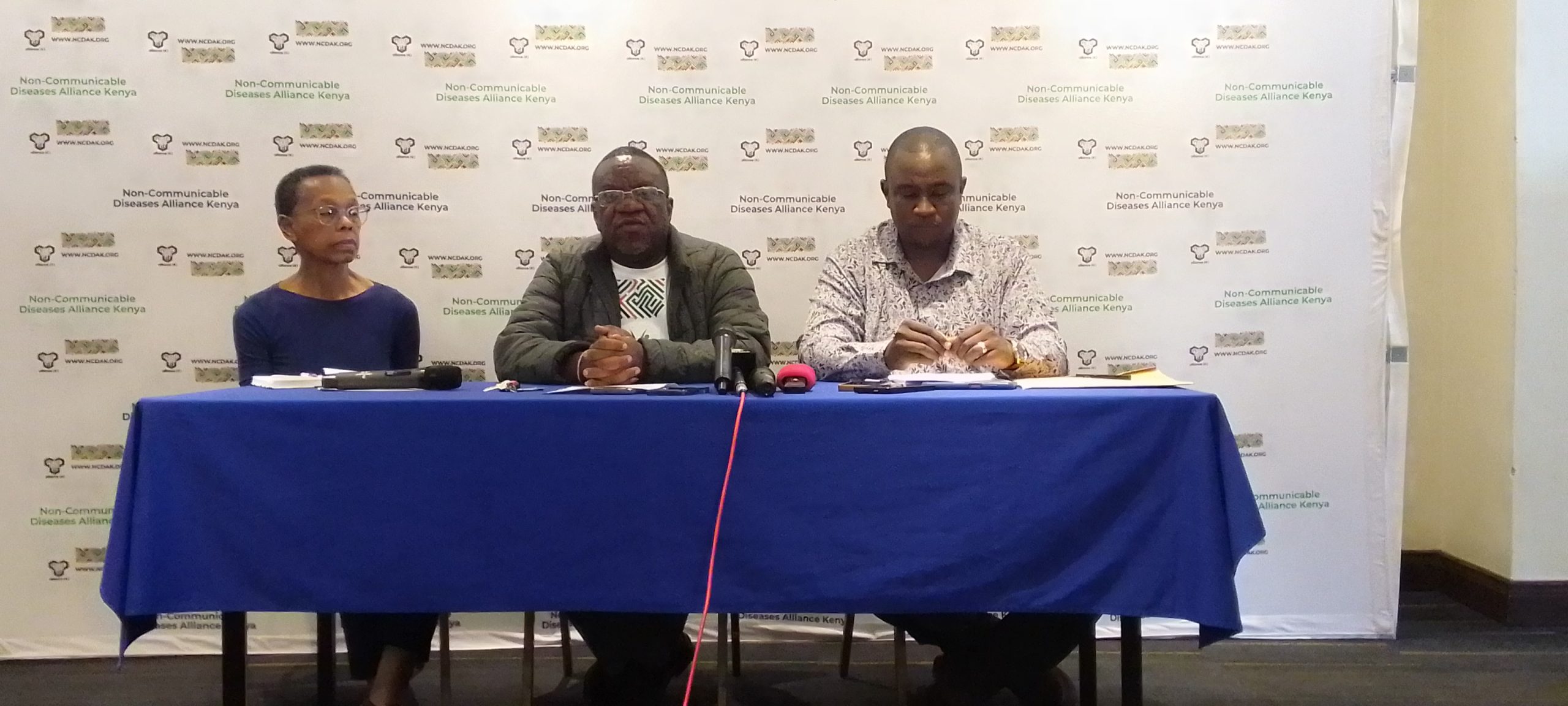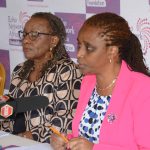The Caucus of Non-Communicable Disease (NCD) Patient-Lead Organisations has expressed grave concerns about Kenya’s Social Health Authority (SHA) programme, claiming that it has disrupted access to essential healthcare for patients with chronic diseases. A survey of public, private and mission hospitals in Nairobi, Kiambu, Meru and Bomet counties conducted by the NCD Caucus on 24-25 October revealed serious systemic failures that leave many patients without timely and affordable care.
In a press briefing, NCD deputy chairperson John Gikonyo shared findings that reveal widespread delays and inefficiencies in the implementation of the SHA. Public hospitals, including Kenyatta National Hospital and Kenyatta University Referral Hospital, reported frequent system failures, leaving patients waiting for hours for critical diagnostic and specialised procedures. The recurring ‘system hangs’ not only delay treatment, but also increase the distress of patients dependent on uninterrupted medical care.

The survey also identified significant gaps in SHA coverage at private facilities such as Nairobi Hospital and Ruai Family Hospital. SHA benefits are largely restricted to civil servants in certain job categories, leaving the majority of NCD patients ineligible. This restriction has forced patients, including high-risk groups such as cancer and transplant patients, to rely on out-of-pocket payments, placing a significant financial burden on those previously covered by NHIF.
For mission hospitals, SHA support is virtually non-existent. Tenwek Hospital, for example, does not accept SHA funding, creating a major barrier to care for rural NCD patients. Public hospitals such as Mama Lucy Kibaki and Mbagathi also reported that they were unable to offer advanced procedures, including heart surgery, to SHA patients. This lack of access to specialised care endangers the lives of patients in both urban and rural areas.

Another issue affecting NCD patients is the steep increase in out-of-pocket expenses for outpatient services and drug refills, which were previously covered by the NHIF. Rising costs make it difficult for patients to access routine healthcare and medicines, making them more vulnerable to complications.
Also:
Read:https://kenyadailypulsenews.wordpress.com/2024/10/31/afidep-unveils-critical-findings-on-maternal-and-child-health-in-kenya/
The SHA’s suspension of overseas treatment coverage has led to further restrictions, especially for patients requiring specialised care not available in Kenya. In addition, the survey found that patients lack clear information about SHA benefits, premium structures and eligibility requirements, leaving many unprepared for the changes under the SHA.
Evans Majau, Chair of the Caucus of Patient-Led Organisations of NCDs, emphasised the urgency of these issues. “The survey results reveal critical gaps in the SHA’s ability to effectively serve Kenyan patients, especially those with chronic and complex conditions such as cancer, diabetes and cardiovascular disease. The implementation of the SHA must prioritise transparency, access to specialised care and patient engagement in order to fulfil the promise of universal health coverage in Kenya.”
The NCD Caucus calls on the Ministry of Health and SHA leaders to act swiftly to address these challenges and advocate for greater patient involvement in decision-making. The organisation remains committed to advocating for accessible, quality health care for all Kenyans and emphasises that through collaborative efforts, Kenya can work towards a system that ensures timely and equitable care for every patient.










